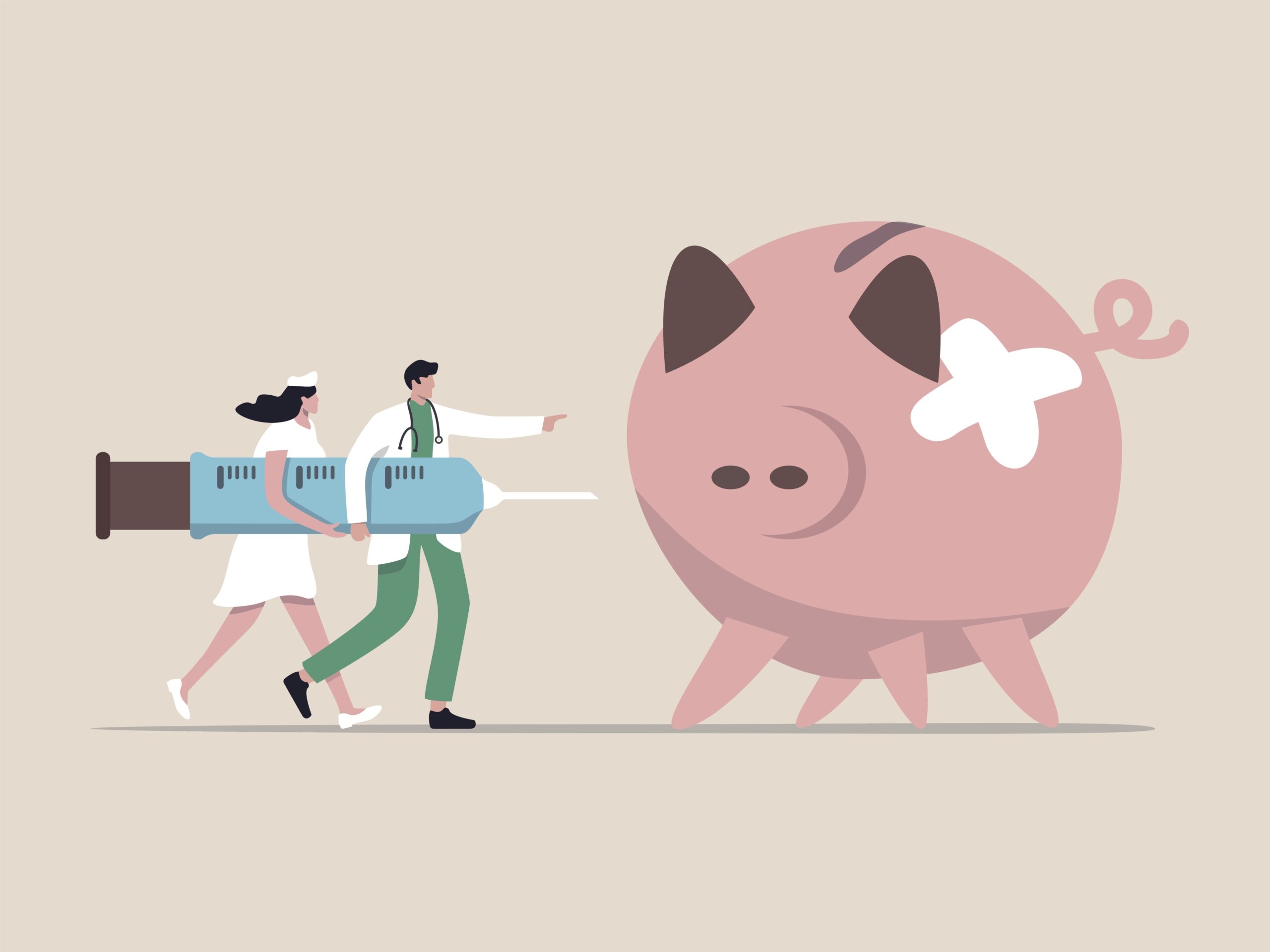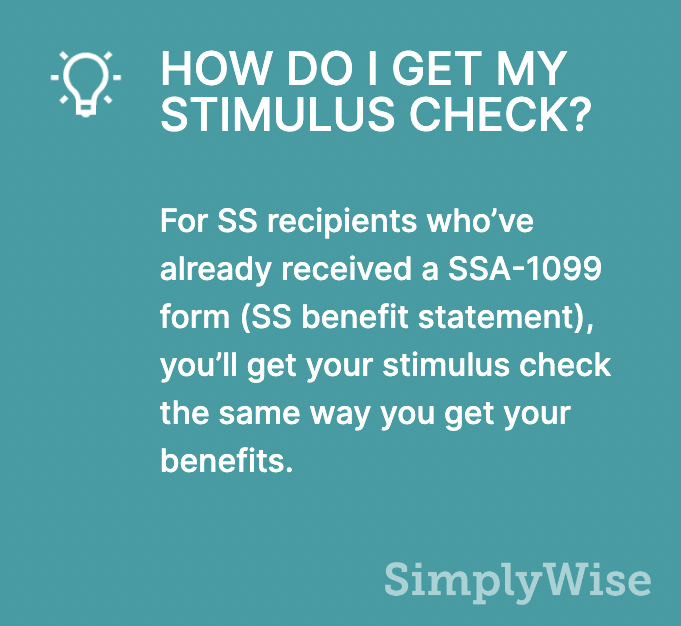
Will Social Security recipients get a stimulus check?
The novel coronavirus has thrown citizens and markets into a panic. People are losing their jobs. Retirement savings are being ravaged. The government is responding with a $2 trillion stimulus deal that would give cash directly to Americans and some of the businesses hardest hit by the Corona Crash.
As of March 27, the stimulus deal has been passed by Congress and signed into law by President Trump. The package is designed to help the millions affected by the coronavirus though the money will likely not go out until this May. Under the previous proposals, there was little information about what would happen to Social Security beneficiaries It looked possible that some or all could be excluded from receiving the coronavirus check.
However, the final bill allows Social Security recipients to have access to the stimulus package. (This is despite the fact that many Social Security beneficiaries have stopped working and so don’t file taxes.)
How much is the stimulus check?
The stimulus package is based on your income from your 2018 tax return (or your 2019 return if you already filed).
The 2020 package provides $1,200 for adults with incomes up to $75,000. People making between $75,000 and $99,000 will receive reduced checks (the amount drops by $5 for every $100 of income over $75,000. Married couples could receive $2,400 if their adjusted gross income is below $150,000. Again, married couples making between $150,000 and $198,000 will receive reduced checks on that sliding scale. People who file taxes as a “head of household” (for example, single parents) are eligible for the $1,200 check if they earn up to $112,500 annually. And they can get a reduced check if they make up to $136,500 each year. Additionally, couples and individuals will receive $500 per child.
People on Social Security can receive the stimulus check as long as their total income is not above these limits. For these beneficiaries, it is not necessary to have filed a tax return.

When will the stimulus check come?
Unfortunately there is currently no answer on when the 2020 coronavirus stimulus checks will actually come.
Treasury Secretary Mnuchin has said that the checks will arrive in the next two weeks.
How do I get my stimulus check?
For Americans who have previously provided the IRS with their direct-deposit bank account information, the checks will be added to those accounts directly.
After some back and forth, the Treasury Department has now confirmed that for Social Security recipients who have already received a SSA-1099 form (their Social Security benefit statement), the government will be able to get them their checks in the same way they pay them their benefits.
Remember to, as always, beware of scammers, particularly around the stimulus checks. Cyber criminals are already attempting to swindle people out of their checks, via call, text, email or other sites that ask for your personal information in order to receive payment. Again: if you are eligible, the government will send you the check directly. Never give out your Social Security or bank account number to anyone who claims it is necessary in order to receive the 2020 stimulus check.
What if my social security address changed?
If you are concerned about receiving your check because you have had an address change, you can visit MyMove or the Social Security Administration change of address website. The SSA will allow you to set up an online account and update where your check should be sent.
Other retirement savings relief in the stimulus package
Beyond the stimulus checks, other provisions of the bill help to relax some of the rules for retirement savings. One measure allows people under 59 1/2 years old to take up to $100,000 from their 401(k) plan without the usual 10% penalty for early withdrawal.
The bill also suspends the need to take 2020 minimum required distributions from tax-deferred 401(k)s and individual retirement accounts. This allows retirees to keep from drawing down their savings during the market uncertainty.
Takeaways
Given the potential holdups for getting the checks, it may be wise not to rely on the stimulus money in the short-term. Yet despite being at home, there are a number of things you can do to avoid cabin fever and even make some extra cash. Above all, it is important to know the facts, understand the Social Security income you are owed, and stay educated about your benefits so that you can keep your retirement on track.